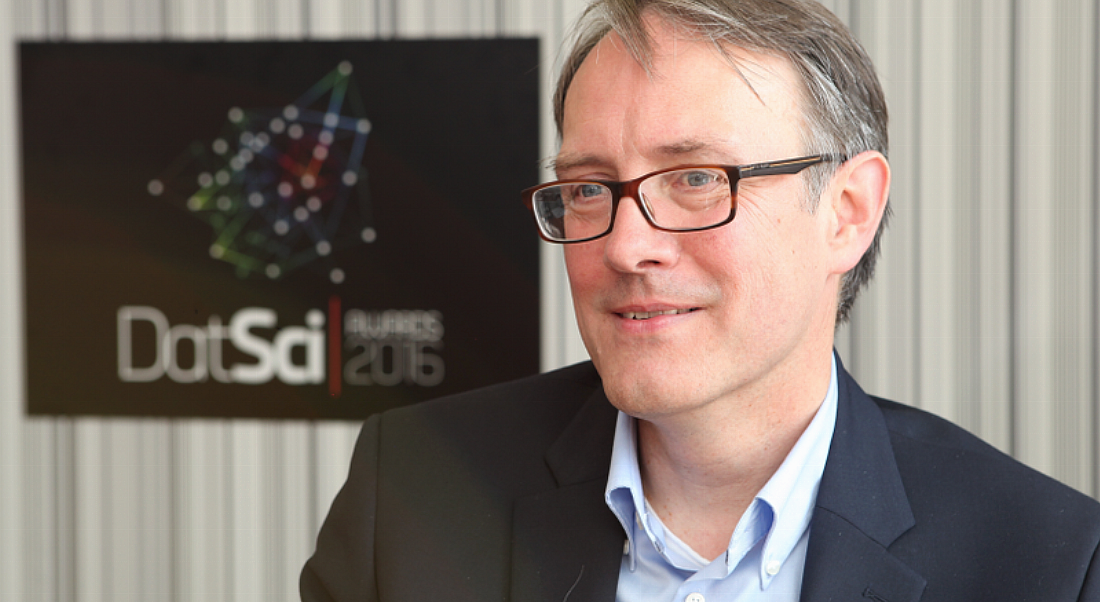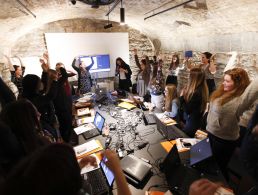With the DatSci Awards fast approaching, we find out more about data science and data scientists from those seeking to celebrate the best of them.
The first-ever DatSci Awards will take place in Dublin on 22 September. The event will recognise and reward companies, teams and individuals deemed to be the best in this emerging field.
To find out more, we sat down with the heads of the organisations behind this data science celebration: Linda Davis, CEO of Next Generation recruitment agency and Edward McDonnell, director of CeADAR, the Centre for Applied Data Analytics Research.
What is data science?
“I think one of the great attributes that data science brings is better decision-making, greater objectivity in decision-making,” said McDonnell.
“Because, basically, your decisions are based on the hard data and facts rather than what we call the HiPPO – the highest-paid person’s opinion.”
This practice of supplementing decision-making with data can reap advantages for both consumers and companies. And the applications appear to be endless.
Some examples offered by Davis include using data to identify what, how, when, why and where your customers buy specific products in order to optimise that experience. Businesses can use delivery and purchase data to determine where is the best location for a distribution centre. They can find out when is the best time to sell a car, or which is the best platform for selling a medical product.
“It’s impacting virtually everything in the business world as it stands and it’s really only emerging, and it’s evolving day by day,” said Davis.
What is a data scientist?
Emerging as a key force driving all sorts of decision-making, data science has prompted the development of a new “job family” in recruitment, as Davis puts it.
“We opened a data science recruitment desk three years ago. Back then it was very unheard of. Companies were only learning about it. They were only shaping what their headcount needed to look like. Now, that has completely grown and it’s impacting everything from the media space, retail, medical, pharmaceutical and even morphing into the sports world,” she said.
“The data scientist is a very unique combination of characteristics,” said McDonnell. “This is a person who is familiar with maths, statistics and computer science, and is able to articulate business problems into technical solutions and give the insights and visualisations.”
‘The data scientist is familiar with maths, statistics and computer science, and is able to articulate business problems into technical solutions and give the insights and visualisations’
– EDWARD MCDONNELL, CEADAR
McDonnell added that the Irish jobs market – particularly in Dublin – is “hot for data science”, with businesses from indigenous SMEs to multinational corporations recruiting in this area.
A good education
Our lives are increasingly driven by data insights from businesses and services that need to hire the right teams for all this data collection and analysis. For a whole new sphere of recruitment, experience is a rare find, so education plays a key role in producing the data scientists we need now and in the future.
When asked if education and training are keeping up with this talent demand, Davis cited the key colleges opening courses in data science and traditional tech and IT institutions integrating the subject into their curriculum.
“We’re not as advanced as other countries but we are certainly getting much more advanced than we would have been three, four years ago,” she said.
Looking for jobs in tech or science? Check out our Employer Profiles for information on companies hiring right now.




